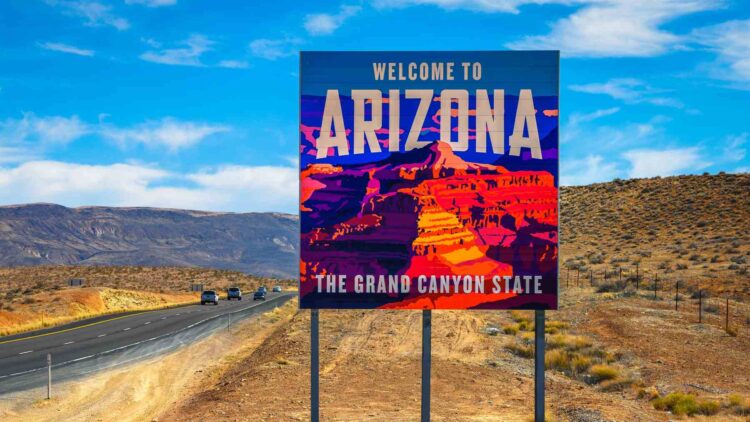Millions of American every year choose to file their taxes, but even with plenty of information, programs and advisors, every year there is a lot of money in tax refunds from both the Internal Revenue Service (IRS or federal government tax agency) and from the state tax agency that is left unclaimed. Usually, the problem is that taxpayers are poorly informed and do not know what to do to claim these credits and refunds, sometimes they just do not file taxes as they do not believe they need to do so and so the money is just left on the table and lost.
A very good example of this is the state of Arizona, where just last year the Arizona Department of Revenue (ADOR) returned over $88 million in unclaimed property. And this was not just money from tax refunds, it was cash from old bank accounts people forgot about, uncashed checks, or payments for services that were never used. This money is still legally tied to its rightful owners so the state keeps it in holding waiting for someone to come along and claim it. The problem with this is that some of these unclaimed payments come with a deadline, and if the taxpayer is not notified or aware, the money will be returned to the government’s coffers.
The Arizona lost tax refunds and how they affect residents of the state
While the more than $88 million in unclaimed property are almost mind boggling, this is not a new thing for the state. On average, over the previous five years the state has returned $57 million to its residents, and there is plenty more that has not been returned because no one has stepped up to claim it. An audit by ADOR turned up at least $17 million more in overpaid taxes that have not been refunded belonging to about 46,000 people who accidentally paid more than they owed but never got the excess back.
Part of the blame lies with the state. There is a technical glitch that has kept these funds from appearing on the public search portal so many people are unaware of the fact that they are owed money. To deal with that, the department has put together a team to sort things out and fix the issue and explore both quick fixes and long-term solutions. In the meantime, Arizonans can still use the regular platforms to see if they have got any money coming their way and there is a state portal for unclaimed property and a national database as well.
Having said that, taxpayers are also responsible for figuring out how much money they owe and who owes money to them. Having a good grasp on your finances is the only responsible way to avoid having problems with the IRS or in this case ADOR and to not lose on money that most taxpayers need to make ends meet.
For those wondering whether or not they have unclaimed money, the best move is to search your name on these official databases. That will be especially useful if you have moved around, changed jobs a lot, or closed bank accounts over the past few years. If you find something, the claim process is usually fairly easy and you just need to show some ID and provide a document that connects you to the address or account.
Most of these issues came to light because of a legal fight between the state of Arizona and the IRS having to do with a special rebate called the “Arizona Families Tax Rebate” which the IRS wanted to treat it as taxable income. The state’s attorney general disagreed and has taken them to court, which is a good reminder that refunds and tax credits can get complicated and that knowledge is power or, in this case, money.

